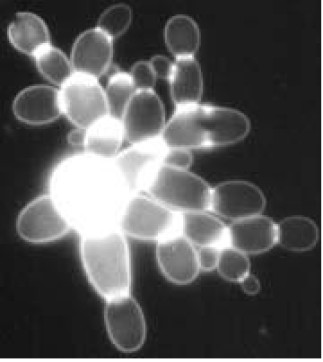Conférence du Dr Sherif Abou Elela, professeur titulaire, Département de microbiologie et d'infectiologie à l'Université de Sherbrooke, Cette conférence sera prononcée en anglais.
Résumé
In baker’s yeast, ribosome synthesis requires the correct expression of 150 ribosomal RNA (rRNA) and 137 ribosomal protein (RP) genes. The majority of RP genes have been shown to be duplicated in this species, although both the rational for maintaining these genes-duplications and their functional significance remain unclear. It was initially believed that gene duplications permit adjustment of the RP dose to match that of rRNA synthesis, thereby ensuring ribosome assembly. However, in the yeast Saccharomyces cerevisiae the majority of the RP paralogs are not equally expressed and the expression of the RP paralogs is controlled by independent regulatory mechanisms, and in many cases any alteration of the expression ratio of the duplicated genes impaired cell growth under stress. Consistently, single paralog deletion induced distinct defects in pre-rRNA processing. Strikingly, we have shown that changing the ratio of the duplicated RP genes can modulate both the resistance to antibiotics and the response to stress. These observations argue against an equal and redundant role for the duplicated genes, and suggest a new model in which each paralog is individually regulated and serves a specific function during ribosome biogenesis and protein synthesis. In this presentation, we will discuss the basis of ribosomes functional diversity and explore possible models for introns function in yeast.
Conférence présentée par le Département de microbiologie et immunologie de l'Université de Montréal.
Crédit photo : site Web du Département de microbiologie et immunologie

